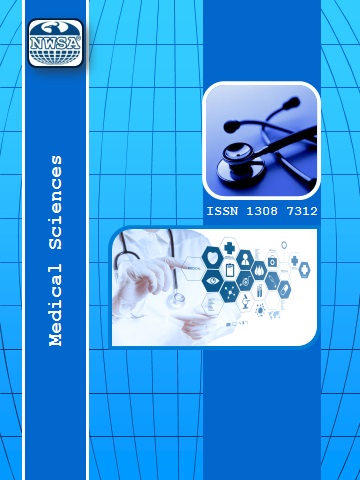THE EFFECT OF VITAMIN D LEVELS ON INFLAMMATION IN PATIENTS WITH CHRONIC RENAL FAILURE
Nilüfer BULUT1
,
MEHMET ÇAĞATAY TAŞKAPAN2
,
HÜLYA TAŞKAPAN3
It is suggested that a number of environmental and genetic factors trigger the formation of progressive kidney damage and complications. One of these factors is inflammation, it occurs as a result of a series of mechanisms included within a number of cytokines. Vitamin-D, IL-6, PCT and hs-CRP are also valuable biomarkers in terms of mortality in dialysis patients in this sense. Vitamin D deficiency is common in patients with chronic kidney disease (CKD) and is associated with inflammation. In recent years, some randomized controlled trials have revealed the effect of Vitamin D on inflammation in CKD patients, but the results are conflicting. The aim of this study is to investigate the relationship between Vitamin D, high-sensitivity C Reactive Protein (hs-CRP), procalcitonin and IL-6, and to evaluate the relation of Vitamin D levels with inflammation in PD patients, HD patients and controls. This study was carried on with 40 patients receiving on hemodialysis treatment, 40 patients receiving peritoneal treatment with renal failure disease and with a control group consisting of 40 healthy individuals. Vitamin D levels were measured by HPLC, PCT and IL-6 levels were measured by chemiluminescent method, hs-CRP is measured by nephelometric method. For Vitamin D, there was no differences between the groups. For PCT, there was a significant difference between all groups.
Keywords
Hemodialysis,
High Sensitivity C-Reactive Protein,
Interleukin-6, Peritoneal Dialysis,
Procalcitonin,
Vitamin D,
 +90(535) 849 84 68
+90(535) 849 84 68 nwsa.akademi@hotmail.com
nwsa.akademi@hotmail.com Fırat Akademi Samsun-Türkiye
Fırat Akademi Samsun-Türkiye
